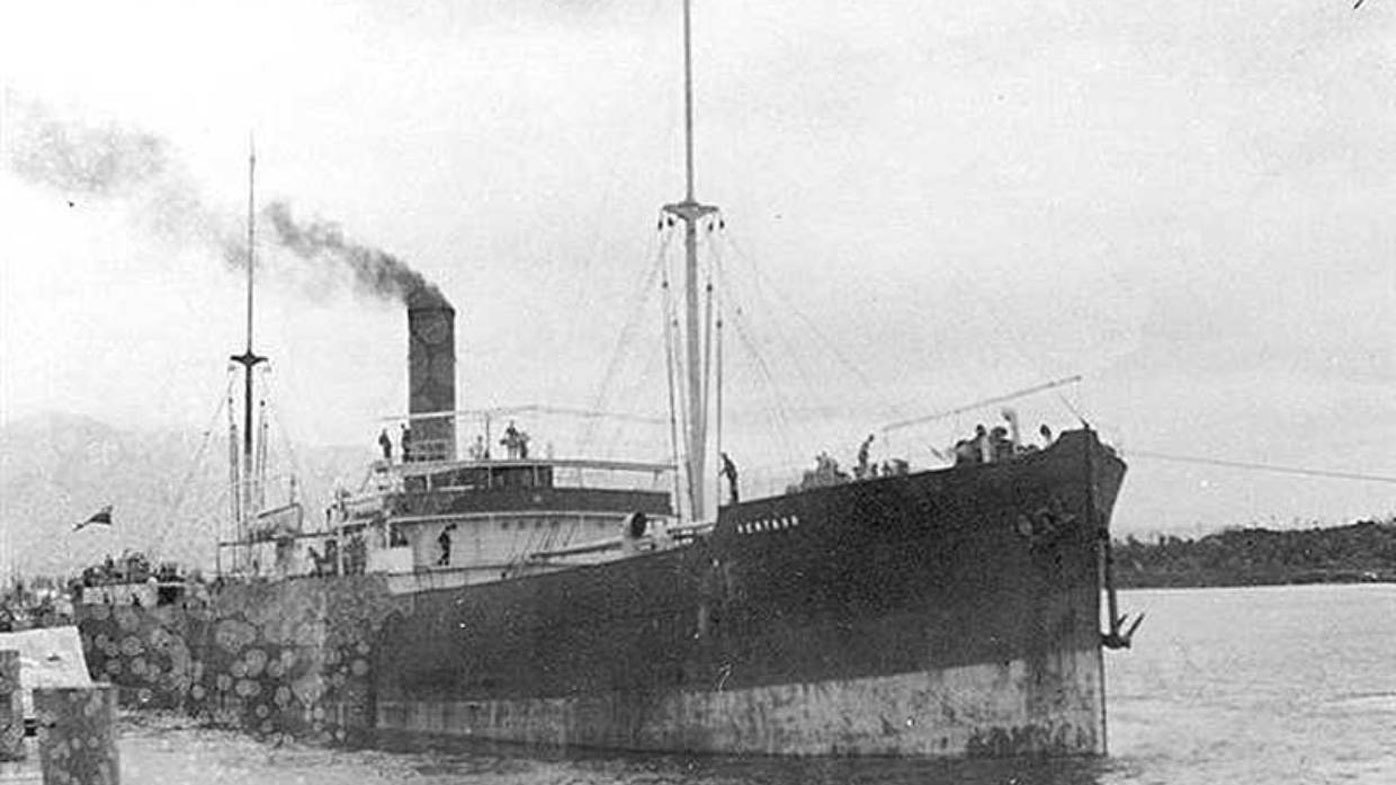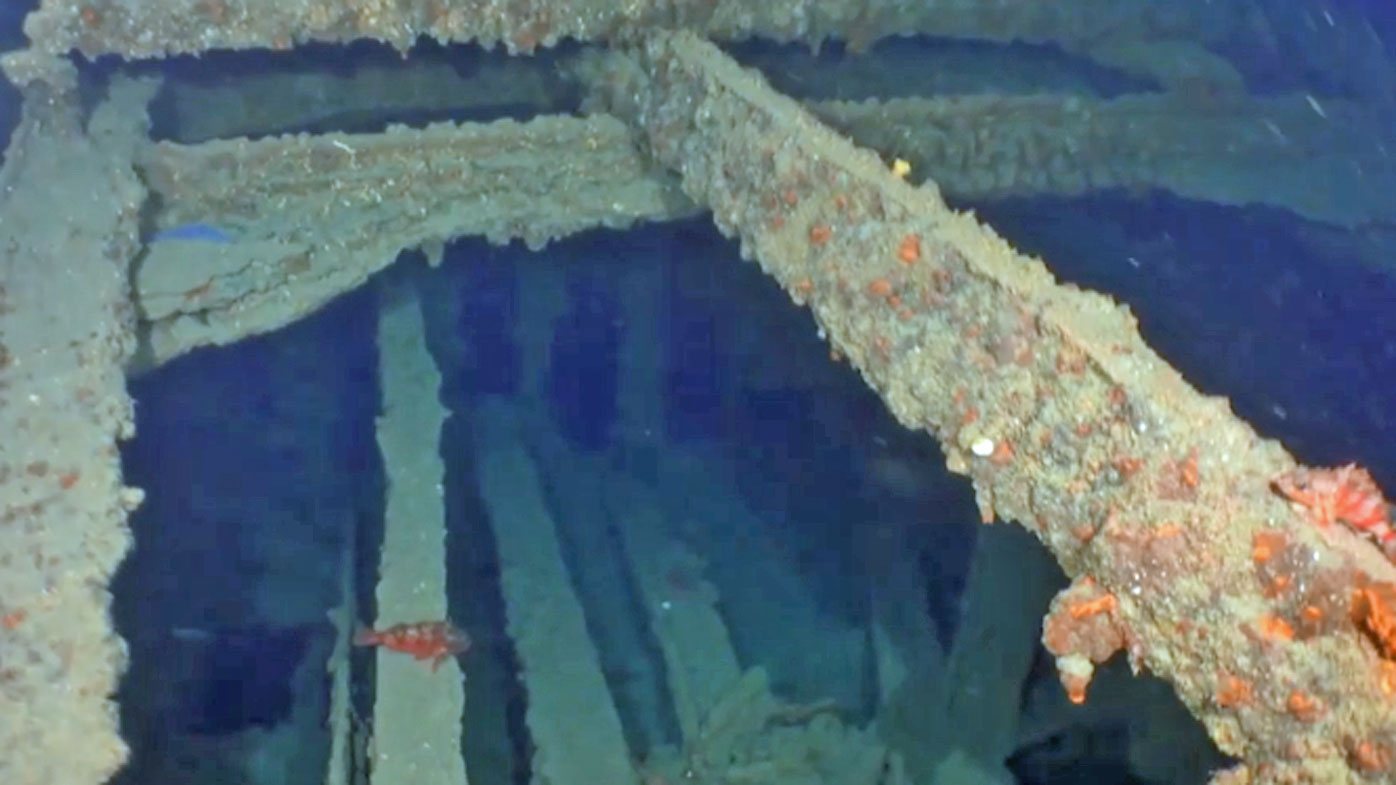An 118-year-old New Zealand maritime mystery has been solved, after the remains of Chinese gold miners were discovered.
The discovery means the miners' remains can be returned home, completing a journey which started more than 100 years ago.
The 501 men had lived and died in New Zealand, and in 1902 their bodies were being sent home to their families.
But the ship carrying them, the SS Ventnor, stuck a reef near Taranaki and then sank off the Hokianga Heads. While most of the crew made it back to shore, 13, including the captain, drowned.

The remains were discovered by the Project Ventnor Group, and Definitive Productions, who were filming the wreck for the upcoming documentary Fallen Leaves, which refers to the Chinese proverb "falling leaves return to their roots."
The majority of the miners came from the Poon Yu county, and some from the Jung Seng county of the Guangdong province.
They had paid a dowry to the Chinese New Zealand community group Cheong Sing Tong so they could be returned home to their families when they died, and in some cases the money had been sent from China to return them home.
In 2012, Project Ventnor chair John Albert, New Zealand underwater explorer Keith Gordon, and the former NZ Dive magazine editor Dave Moran, along with cameraman Eruera Morgan, went searching for the Ventnor.

With the assistance of local coastguard and fish charter operators John and Linda Pattinson, they travelled to what was thought to be the resting place of the SS Ventnor, and using an echo sounder were able to pin-point a large object believed to be the wreck.
After a karakia in 2013, preformed by Selwyn Pryor and Maria Albert-Kaio, a remote operated vehicle was lowered into the wreck site and it was confirmed to be the SS Ventnor.
In 2014, artefacts, which now reside in Te Papa, were retrieved, but it was not until May 2020 that the human remains were found.
Albert said it had taken nine years to get to this point, and he had been in touch with some descendents of the men, but was hoping to hear from others.
"The Chinese gold miners had been mistreated, and they died in a foreign country while trying to provide for their families back home. Their skills and hard work helped with not only mining, but also the building of infrastructure like roads, bridges, railway lines, as well as market gardening in New Zealand. They are our early pioneers.
"Just as we Māori have lobbied for the return of our kōiwi from museums and collectors from around the world, I feel an obligation to show the gold miners, our early settlers, the same respect and gratitude for their major contribution to our early history."
He hoped the discovery would bring closure to the men's families.
This story originally appeared on stuff.co.nz and was republished here with permission.
from 9News https://ift.tt/2CFKlTB
via IFTTT



0 Comments